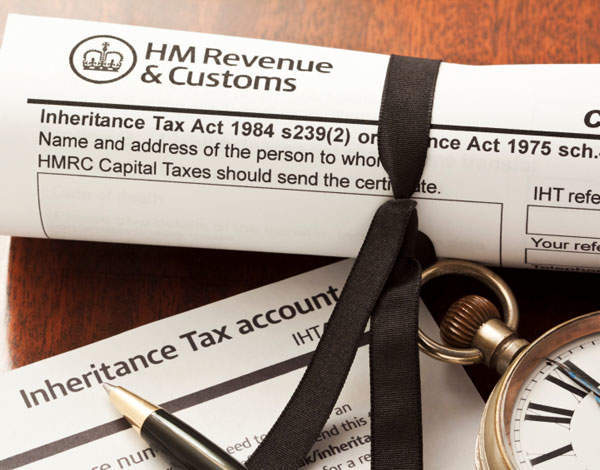
Author: by Chloe Barrow

Wealthy individuals – or indeed all people – are understandably concerned at the prospect of losing close to half of their estate to the state on their death. But while inheritance tax threatens to steer a significant chunk of assets away from family and dependants, passing money on before you are ready to do so is complicated, inconvenient and risky.
With this in mind, investment management firm Seneca Partners recently launched a service that protects its clients against IHT by investing in a fund that lends to SMEs. The first-of-its-kind initiative, named simply the Seneca Inheritance Tax Service, offers clients 100 per cent IHT relief after just two years through the government’s Business Property Relief (BPR) scheme. The investment provides an average annual return of 4 per cent as well as giving socially conscious investors the opportunity to help support the UK’s small businesses, which often struggle to get a bank loan.
‘The service appeals to people who are not mentally ready to give away the crown jewels as you just never know what’s around the corner. For instance, you could need long-term care in your old age, which can be extraordinarily expensive,’ Ian Battersby, group business development director of Seneca Partners, tells Spear’s.
Wealth owners must pass on assets to their heirs at least seven years before their death to avoid paying IHT – a timeframe that is hard to estimate for obvious reasons – and people are naturally wary about losing control of their money should they need it later in life.
‘One investor said that if he passed on his estate to his son now, his driveway would suddenly be littered with Ferraris. So, rather than risk the money being squandered, he’d rather protect his wealth against IHT through this investment and instead help his son with school fees and other costs via the capital growth of the shares,’ says Battersby.
Although there is no fixed minimum investment, generally at least £50,000 is required, with the majority investing between £250,000 and £1 million. When asked whether the service is likely to be affected by the government’s anti-tax avoidance rule (GAAR), Battersby said that while there is always potential for legislative changes in the future, BPR – which aims to prevent companies from being broken up in case of debt – was established in 1976 and therefore has a forty-year track record.
In terms of assurance over whether the scheme will qualify for BPR or not, Batterby responded that Seneca Partners is in the process of obtaining non-statutory clearance from HMRC.
Funds can be withdrawn at three months’ notice at any stage following the investment, but must remain invested for two years to qualify for IHT exemption. It is worth noting, though, that should you choose to retrieve your assets after two years, IHT relief is not ongoing and will be lost within three years if it is not then reinvested, which is why Battersby anticipates that clients will keep their funds invested for more than two years. Investments are subject to standard risks but loans are underwritten.
‘We offer a liquid investment with protection against IHT – the alternative is giving it away to your children years before you die or tying it up in a trust where you can’t access it. Our service therefore offers a large measure of financial security to the wealth holder,’ says Battersby.
So if you have misgivings about giving away your wealth too early, or are running a little late on succession planning, try giving little businesses a leg-up.






